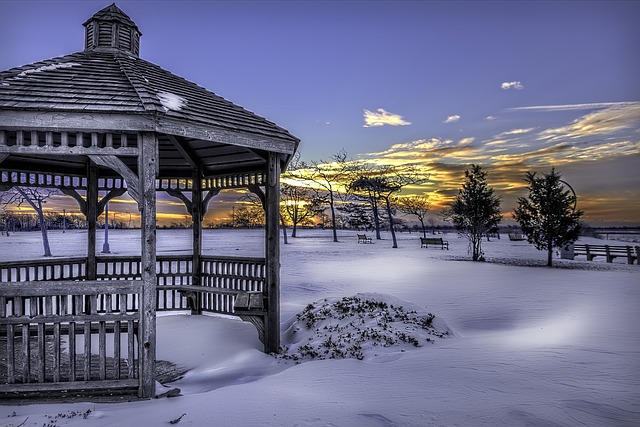
Whether you want to uproot a tree, create a lavish garden or maybe even build a gazebo, any landscaping requires that you learn a little bit before you get started. If you do not know what to expect, you might cause more problems than you want. Make use of this article and get the right advice to move forward successfully.
Add soft curves to the edges of your rock beds and flower beds for an instant update. Curved beds are more contemporary and up-to-date than sharp corners and straight lines. Cutting your edges can be inexpensive and really improve the look of your flowers and lawn when you do so.
There are many things to learn before beginning a landscape project. For example, you will need to know which plants work best in your climate and location. When landscaping, it is important that you are aware of the seasons. All of these factors combine to determine whether your landscaping efforts will be a success or a failure.
One great tip is to first write down every material that you will need. You do not want to begin your project and then realize something is missing, which would result in you having to stop working.
Talk to a licensed landscaper before you do any work to your own yard. Although they need not take part in the whole project, paying a little money up front for their advice may mean the difference between a stress free project and one that is fraught with mistakes. If you are new to landscaping design, this step is especially important.
Before you actually break ground, remember any structures in the area, and try not to harm anything. Be sure to incorporate structures such as gutters, sprinklers, and air conditioners into your landscaping plan and sketches. You should always call your utility company before you dig, to avoid a costly or dangerous mistake.
Try to create a landscape design that provides interest 12 months of the year. What this entails is that the plants you have should be able to blossom in both spring and summer. Also, you could add in pine trees to make your yard green in the winter. The key to a year-round landscape is to research plants.
If you are trying to landscape on a budget, remember that you do not need to finish the entire project all at one time. In fact, it is often a good idea to break your project up into different steps and even seasons. This is really a help when trying to finance your project. Create the steps you wish to take and prioritize them according to your desires.
Be mindful of the impact that your landscaping can have on your house. It’s important to know how the roots of your plants and trees will grow so that they don’t harm pipes below the ground. It’s equally important to know how tall or wide plants will grow so they don’t block important views. Take all of the possibilities into consideration before implementing a landscaping plan.
Landscaping is like any other type of home remodeling, in that it requires some planning and knowledge. Learn as much as possible and use it to build sketches and plans which can help you create a beautiful landscape.
